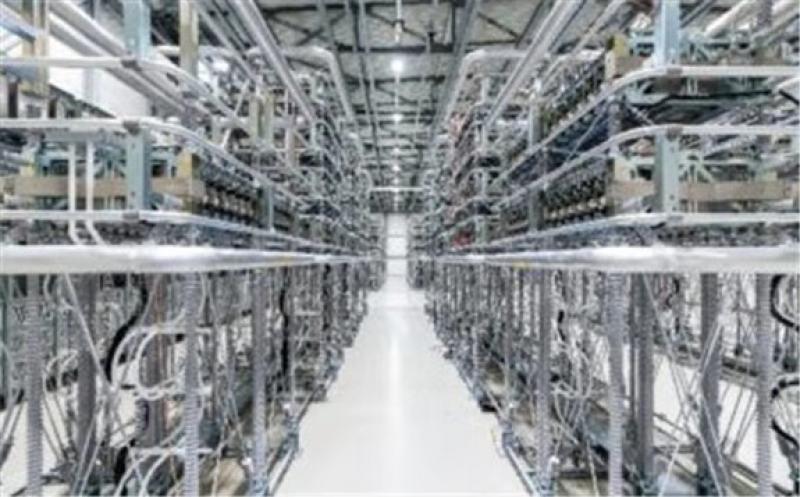Siemens Energy has been chosen to supply converter technology for the SuedLink, as well as carrying out site-specific planning alongside the transmission grid operators TenneT and TransnetBW.

The SuedLink converters will be designed as self-commutated voltage-sourced converters in a modular multilevel converter (MMC) arrangement with a rated DC voltage of ±525 kilovolts. In addition to active power, the systems can also independently control reactive power.
This allows them to respond flexibly to fluctuations in generation and consumption in the grid and enables the low-loss transport of up to two gigawatts of power in both directions. This output, which is equivalent to that of two nuclear power plants, can supply around five million households with electricity.
“The construction of SuedLink, the largest grid expansion project in Germany, is crucial to the success of the energy transition,” says Tim Meyerjürgens, Managing Director of TenneT.
“The award of these converter stations is an important milestone in our efforts to implement this system. It proves that we have managed to make important progress on SuedLink despite difficult conditions during the COVID pandemic,” Meyerjürgens said.
“With the award of the contract, we have taken a decisive step closer to realizing SuedLink. Now the planning can be further worked out in concrete terms at two starting and end points, and the preparatory construction measures already underway at the southern end point in Leingarten, Baden-Württemberg, can be driven forward,” emphasized Dr. Werner Götz, Managing Director of TransnetBW.”
After Ultranet and SuedOstLink, SuedLink is the third high-voltage direct current corridor project in Germany to be implemented with HVDC systems from Siemens Energy. We are pleased that our technology ensures that renewable electricity can be transported to where it is needed. In this way, we are making an important contribution to the energy transition,” said Beatrix Natter, Executive Vice President Transmission at Siemens Energy.